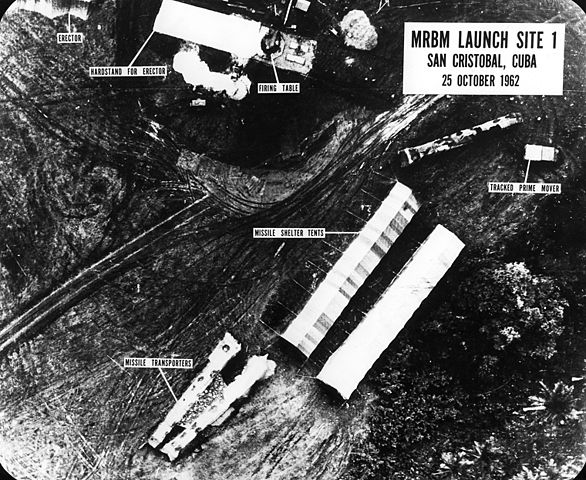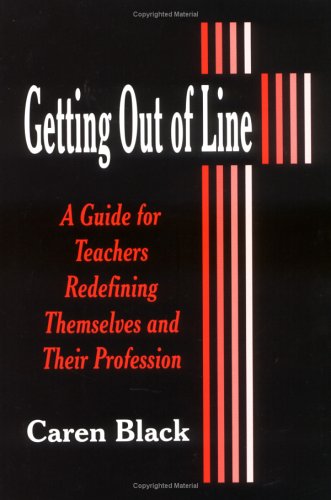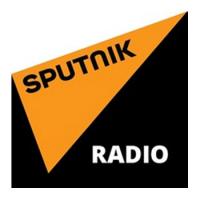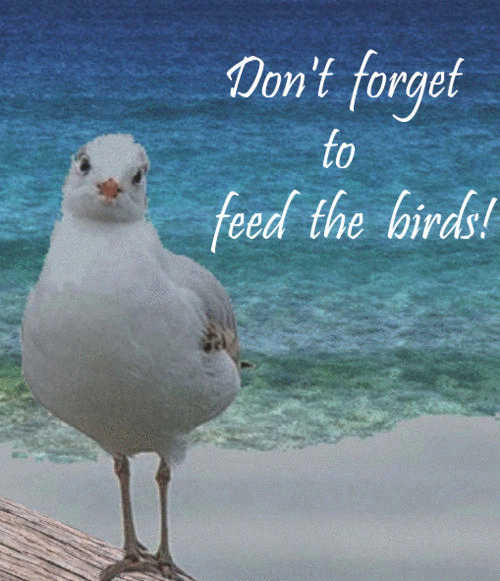Millions of us remember the Cuban Missile Crisis in 1963. Though for the public, the crisis was ended in a month thanks to true leadership on both sides, and though we were young at the time, we no doubt remember it as a time of great gravity, even fear.
Our current moment is comparable for all those who grasp its severity, which appears to unfortunately exclude the elected and unelected leaders of all Western countries, even a large proportion of Western citizens. We offer three analyses from two international experts, then information at the personal level to help with preparations for coping, calming, helping. This summer vacation is a time for thinking and acting strategically.
Prof. Jeffrey Sachs interviewed by Judge Napolitano: How dangerous to threaten nukes
Prof. Jeffrey Sachs interviewed by Tucker Carlson: The untold history of the Cold War, CIA coups around the world
Professor Jeffrey Sachs is the President of the UN Sustainable Development Solutions Network and Director of the Center for Sustainable Development at Columbia University. He is the author of many best selling books, including The End of Poverty and The Ages of Globalization. Here he is with probably the smartest and most accurate assessment of the Ukraine war, and American foreign policy more broadly, ever caught on tape.
Pepe Escobar: Everyone with a brain knows deep attacks inside Russia is a way to nuclear confrontation
Everything that is happening on the battlefield right now signals the ‘incoming cosmic humiliation of NATO’, special correspondent at Asia Times and columnist at The Cradle, Pepe Escobar told RT. The desperation within the bloc ‘is clear and palpable and becoming horribly dangerous,’ he added.
How would a nuclear war between Russia and the US affect you personally?
What would happen if a nuclear war were to be sparked between Russia and the United States today? Who would survive? In our most scientifically realistic simulation to date, we show what a nuclear war between Russia and the United States might look like today. It is based on detailed modeling of nuclear targets, missile trajectories, and the effects of blasts, EMPs, and smoke on the climate and food resources.
Large-Scale Attack Simulator
What would happen to the United States during a nuclear war?
Using unclassified documents on nuclear targeting and open data on the physics of modern weapons and fallout patterns, this simulation models what would happen if approximately 1,100 warheads (~7% of the world's arsenal) hit the United States. This is a realistic simulation based on hard science and known targeting strategies. That said, it should be treated as a rough approximation of a single scenario - a real attack could take a myriad of forms, some less destructive than this model and some far more. This particular simulation might be considered a medium-level strategic attack.
The attack lasts two hours and strikes hundreds of military, government and economic targets. It comes in two waves, a first wave that destroys government and military installations followed by a broader second wave against population centers.
One second in the model is equal to one real-time minute, thus the total runtime is 120 seconds. As the simulation runs, you can click any marker icon to expand the map and see more detail, including summary of damage per state.
Because it requires some heavy math, this simulation might not run to completion on older iOS devices. Beyond that it should function on any device, but it's easier to view on larger screens (pads or desktops).
Learn more about the risks posed by nuclear weapons and find out how you can take action to reduce the risks here: https://nuclearweapons.info/
Discover the full story of Nuclear Winter: ![]() • The Story of Nuclear Winter
• The Story of Nuclear Winter
The 2022 Future of Life Award was given to 8 individuals for their contributions to the discovery of and raising awareness for Nuclear Winter. Learn about their stories: ![]() • These 8 People May Have Saved Your Life
• These 8 People May Have Saved Your Life
See also: Union of Concerned Scientists: https://www.ucsusa.org/nuclear-weapons The International Campaign to Abolish Nuclear Weapons (ICAN): https://www.icanw.org/








